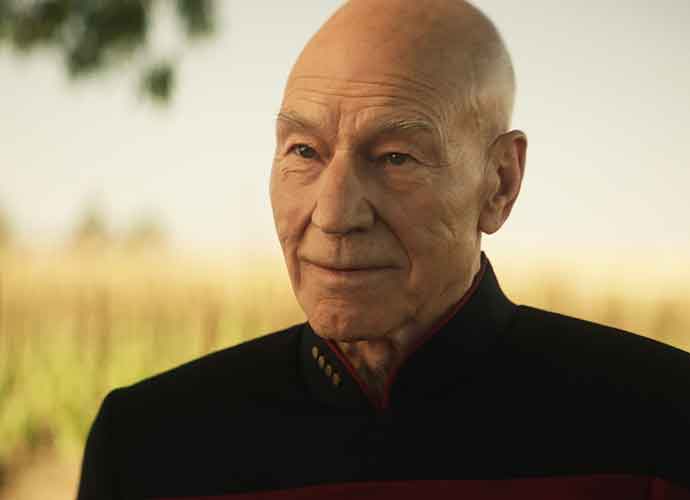‘Star Trek: Picard’ TV Review: A Very Human Story Of Love & Loss

3.5/5
Star Trek has always been a strange breed: it presented us with a multiracial, galactic future yet wrapped it with themes and production levels of the past. as the retro and streaming trends continue to grow, CBS made a bold move by bringing the beloved Starfleet Federation captain Jean Luc-Picard (Patrick Stewart) back to the screen, and provide us with an immersive Star Trek Experience, relevant for the 21st Century.
Our renewed saga begins as we meet an aged Picard in his retirement back in France, suffering from a severe post-trauma. with high doubts, Star Trek throws us back into the death of Data (Brent Spiner), a synthetic android from his time on the Enterprise, and to the death of millions of Romulans, an alien ancient the Starfleet been in odds with.
This conflict is the underline basis for disputes through the series, primarily when the Romulans attack Dahj, a female android who’s identified as Data’s lost daughter. This sudden burst of violence mirrors tremendous disputes and racial tensions that are familiar to us from our own reality, demonstrating again Star Trek‘s role as an earthly sci-fi satire.
While putting an emphasis on the educational tradition of Star Trek, this series zooms into the soul of Picard in his effort to discover Data’s legacy. if the 1970’s Star Trek focused on space odyssey and laser battles, Picard takes place mostly on earth, enabling viewers to explore emotional aspects in their beloved characters.
Stewart’s ability to portray the weaknesses of Picard is worth highlighting in obvious contrast to gimmicky, fan gesture-based Star Wars film series. When Data fights with the Romulans once again, Picard stands helpless and is bound from helping Data, and perhaps this powerful moment symbolizes the direction this series is following: a greek tragedy combined with PTSD, all wrapped in a sci-fi package making it easier to digest.
During the days of the Cold War, Star Trek was presented to us as a science fiction show, when in fact space and aliens are merely an excuse to discuss our own human condition. Stewart delivers an alluring Picard storyline that reveals Star Trek as a human story of both love and loss.
RELATED ARTICLES
Get the most-revealing celebrity conversations with the uInterview podcast!







Leave a comment